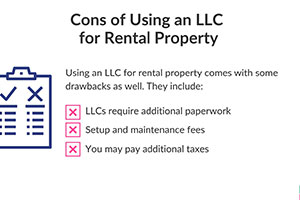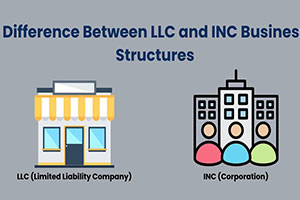Is Pump and Dump Illegal? Unpacking the Legality of Stock Schemes
Business | by
Hey there, savvy investors and curious minds! Have you ever stumbled upon a hot stock tip that seemed too good to be true, only to watch it plummet shortly after you bought in? Welcome to the world of “pump and dump” schemes, a financial rollercoaster that’s not only risky for your wallet but also sits squarely on the wrong side of the law. Let’s dive into the mechanics of these schemes and why they’re considered illegal under U.S. law.
What Exactly Is a Pump and Dump Scheme?
At its core, a pump and dump scheme involves inflating the price of a stock or other securities through false and misleading statements (the “pump”), then selling off those overvalued shares to unsuspecting investors at the inflated price (the “dump”). Once the perpetrators unload their shares, the promotion stops, the hype dies down, and the stock price typically crashes, leaving the new investors holding the bag.
The Legal Landscape: Why It’s a No-Go
So, is participating in a pump and dump scheme illegal? Absolutely. These schemes are a form of securities fraud and market manipulation, which violate several U.S. securities laws, including:
- The Securities Act of 1933: This act requires that investors receive financial and other significant information concerning securities being offered for public sale, and it prohibits deceit, misrepresentations, and other fraud in the sale of securities.
- The Securities Exchange Act of 1934: This act created the Securities and Exchange Commission (SEC) and introduced regulations to govern the secondary securities market, ensuring greater financial transparency and accuracy, and aiming to prevent fraud and manipulation.
- The Sarbanes-Oxley Act of 2002: Enacted in response to major corporate and accounting scandals, this act introduced more stringent regulations to protect investors from fraudulent financial reporting by corporations.
The Role of the SEC
The U.S. Securities and Exchange Commission (SEC) is the watchdog that enforces federal securities laws. The SEC actively combats pump and dump schemes through investigations and enforcement actions against the individuals and companies involved. Penalties for running or participating in these schemes can be severe, including hefty fines, disgorgement (repaying ill-gotten gains), and even prison time for the most egregious offenders.
How to Spot a Pump and Dump Scheme
Pump and dump schemes often target small-cap or “penny” stocks due to their low liquidity and limited public information. Here are some red flags:
- Unsolicited stock tips via email, social media, or messaging apps.
- Too-good-to-be-true promises of skyrocketing stock prices and guaranteed returns.
- Aggressive promotion or hype with little to no reliable financial data to back it up.
- High trading volume followed by a sudden price drop.
Protecting Yourself from Financial Predators
The best defense against pump and dump schemes is due diligence. Research any investment opportunity thoroughly, consider the source of stock tips, and be wary of high-pressure sales tactics. Remember, if it sounds too good to be true, it probably is.
Pumping the Brakes on Illegal Practices
As tempting as it might be to jump on the bandwagon of a hot stock tip, the consequences of getting involved in a pump and dump scheme, whether as a perpetrator or an unwitting participant, can be devastating. The legal ramifications alone should give any investor pause.
Final Thoughts: Investing Wisely and Lawfully
In the fast-paced world of investing, knowledge is power, and integrity is invaluable. By staying informed and cautious, investors can navigate the markets effectively while steering clear of illegal schemes designed to prey on the uninformed. Remember, true investment success comes from making well-researched, ethical decisions, not from chasing the next get-rich-quick scheme.






